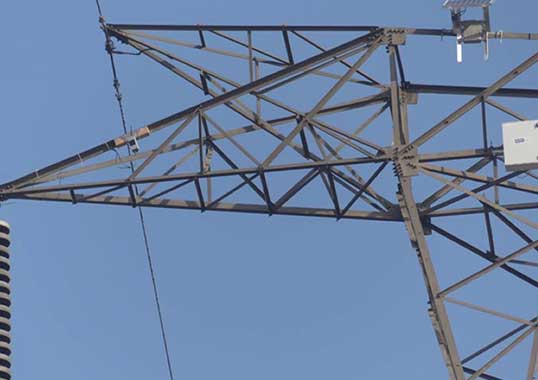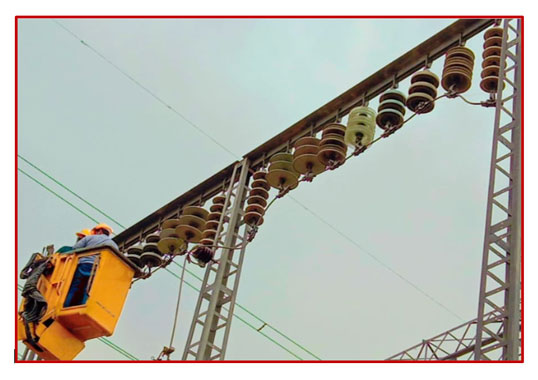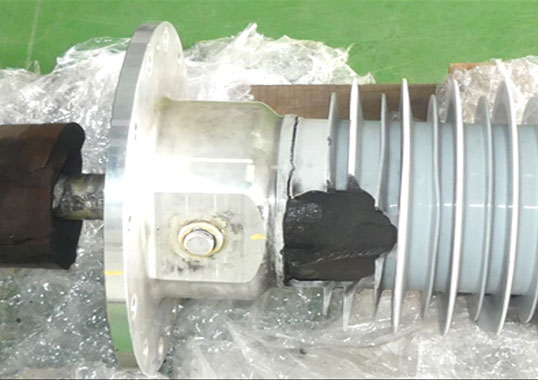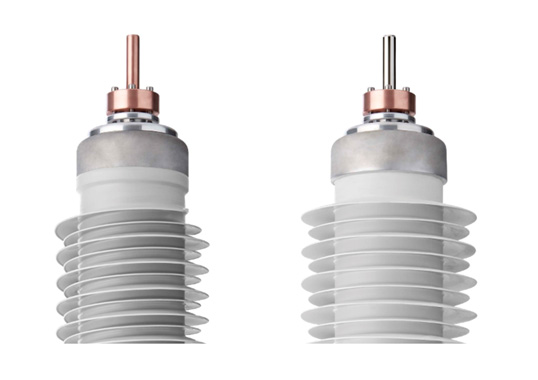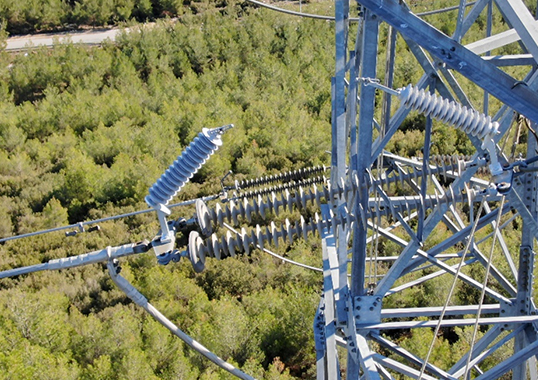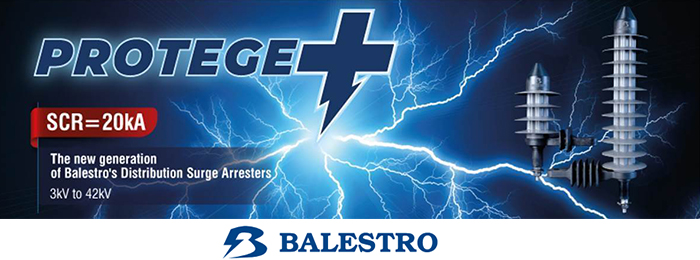Transmission Line Risk Management by Jean-Marie George
Dust and coastal salt contamination of overhead line insulators can seriously compromise the performance of a transmission line, generating potentially heavy losses and additional maintenance costs. Classical evaluation and mitigation of this problem usually requires an outage during which samples are taken down to measure pollution level and decide future action. Alternatively, preventive line washing is performed at defined intervals. Ideally, information on the surface condition of insulator strings would be more useful if provided on a real time basis without disturbing the system. This would allow maintenance actions at the proper time without risk of facing a flashover or unnecessary premature spending from making the wrong guess on the actual pollution situation of the line. Innovative techniques for real time evaluation of the condition of insulator strings are now possible thanks to ‘smart’ insulators able to communicate their pollution condition in real time. This presentation describes this technology where the insulator itself produces a diagnostic. Instead of measuring level of contaminants through physical sampling on a string, this development concentrates on the impact of the environment on string performance by measuring leakage current. Using wireless communication technologies, data is transferred to a dedicated server where it is analyzed and presented to the user with a diagnostic of the real risk of having a pollution related flashover. Such processes imply detailed knowledge of the signature of each different type of insulator in terms of leakage current since threshold values depend on shape and profile.

